Earth Retention
Earth retention systems include slurry walls, CBSP walls, secant/tangent pile walls and anchored SOE walls.
SLURRY WALLS (STRUCTURAL)
Commonly referred to as a Diaphragm Wall, is a mechanically excavated, temporarily stabilized with bentonite excavation that is then reinforced, tremie poured with concrete, generally built panel by panel.
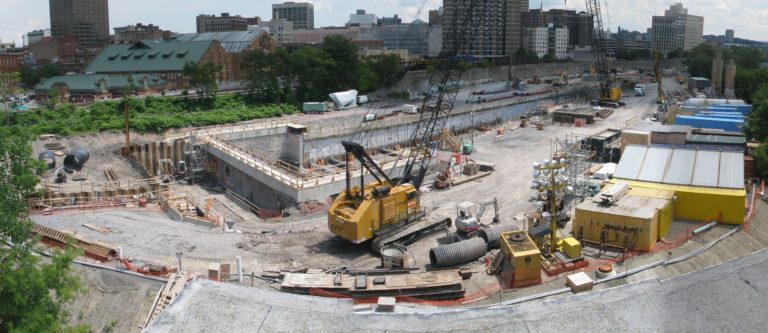
Advantages
- Provides strong watertight walls
- Minimizes settlement of adjacent structures
- Provides underpinning
- Proven technology
SLURRY WALLS (CUT-OFF)
The excavation (typically with a long reach excavator) of a narrow trench in soil, temporarily supported by bentonite, prior to being filled with soil and/or bentonite and/or cement and/or polymers, often in combination.
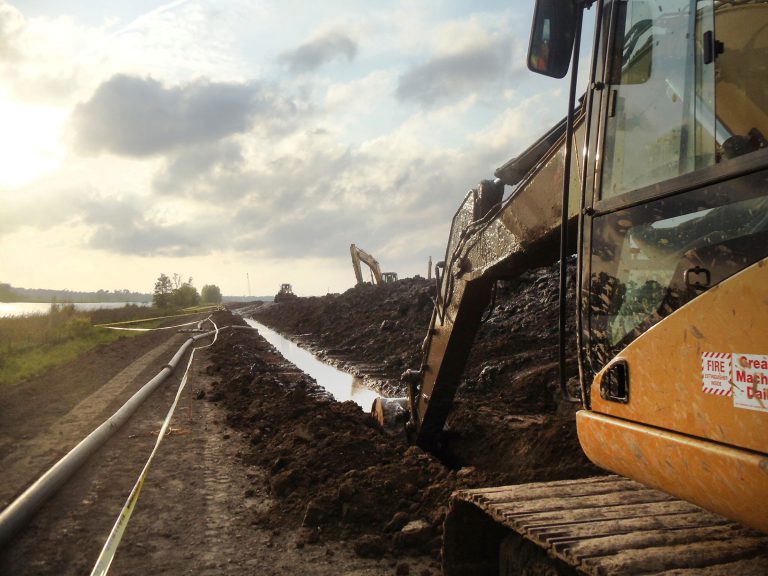
Advantages
- Provides strong watertight walls
- Minimizes settlement of adjacent structures
- Provides underpinning
- Proven technology
CBSP Walls
Cement Bentonite Soldier Pile Walls, also known as CBSP, are a cost-effective means for watertight support of excavation that has little to vibration to adjacent structures. CBSP is typically used for temporary open-cut structures.
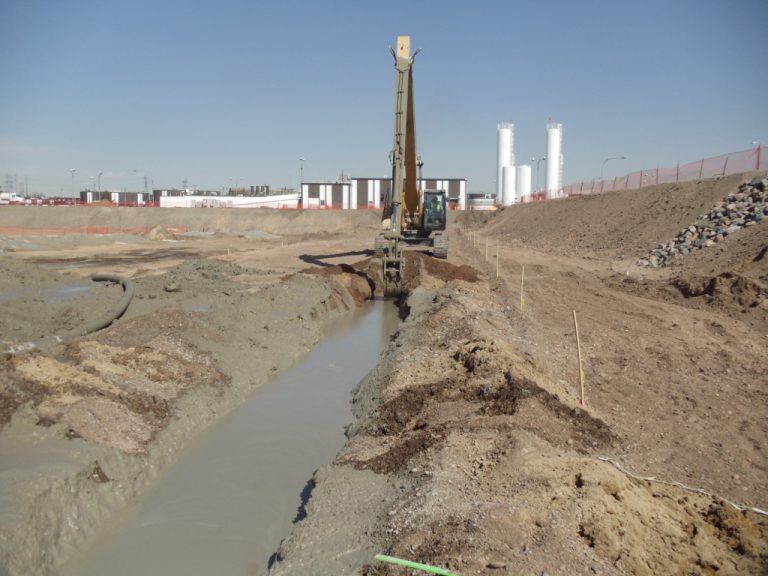
Advantages
- Cost-effective method for watertight temporary support of excavation
- Minimizes settlement of adjacent structures
- Less noise and reduced vibrations
SECANT PILES
Secant piles are drilled shafts, constructed so the shafts overlap each other to form a wall. The construction sequence involves drilling every other shaft and then, after the concrete has set in, returning to pour the shafts for the secondary piles. Secant piles are used to build cutoff walls for the control of groundwater inflow and to minimize ground movement.
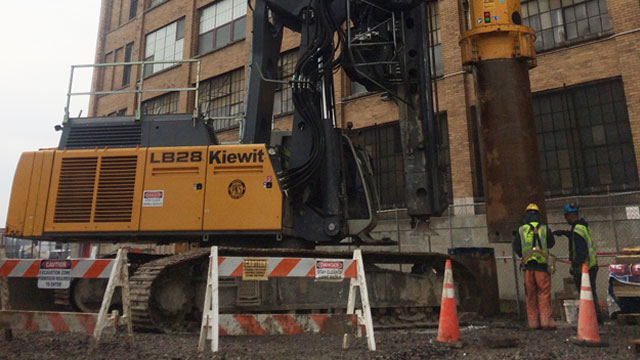
Advantages
- Increased construction alignment flexibility
- Increased wall stiffness compared to sheet piles
- Can be installed in difficult ground conditions
- Less noise and reduced vibrations
TANGENT PILES
Tangent piles do not overlap but are intended to effectively touch or almost touch. The constructed tangent pile wall is used to retain lateral loads and may receive a permanent façade to reduce the costs of an additional interior cast wall.
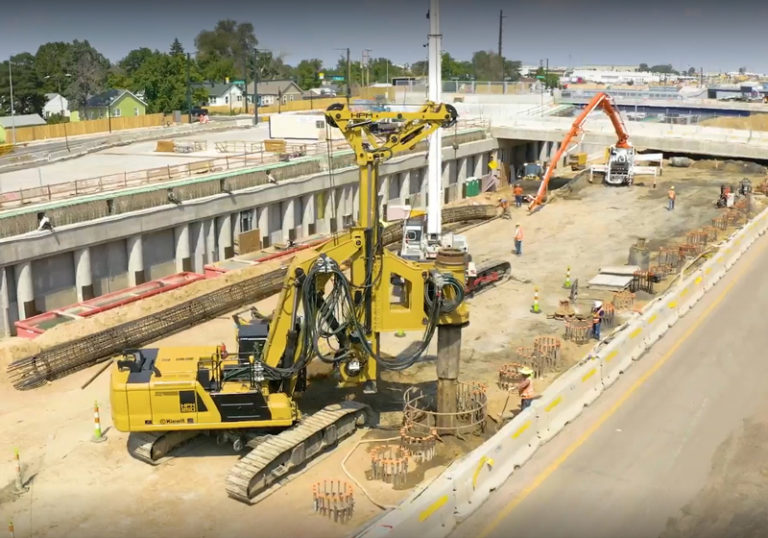
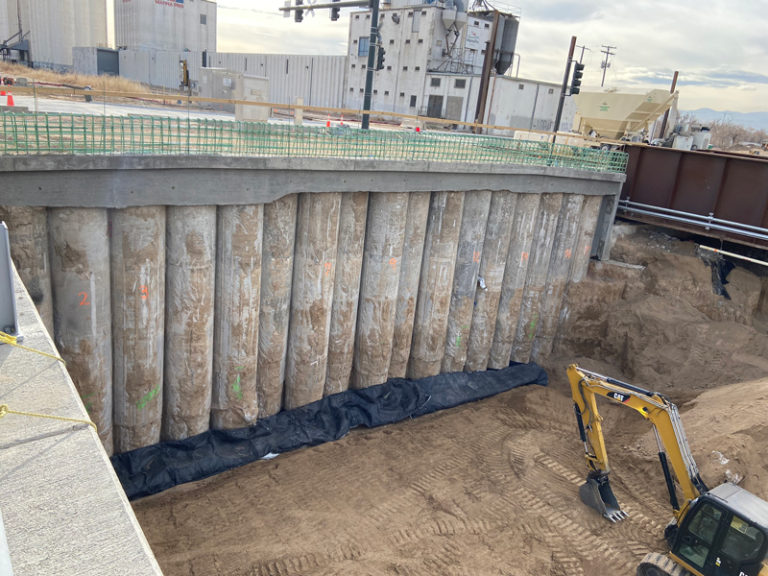
Advantages
- Increased construction alignment flexibility
- Increased wall stiffness compared to sheet piles
- Can be installed in difficult ground conditions
- Less noise and reduced vibrations